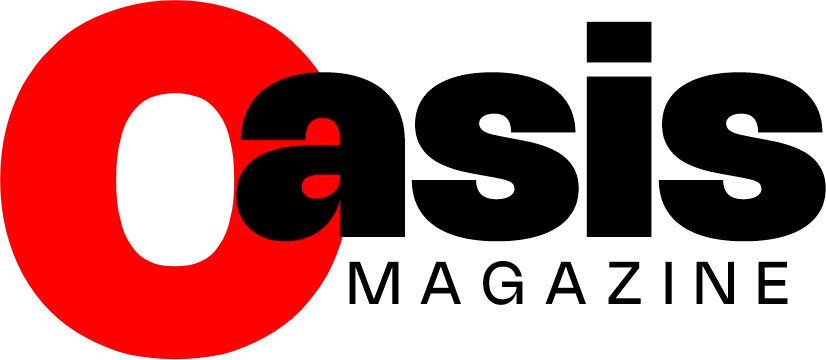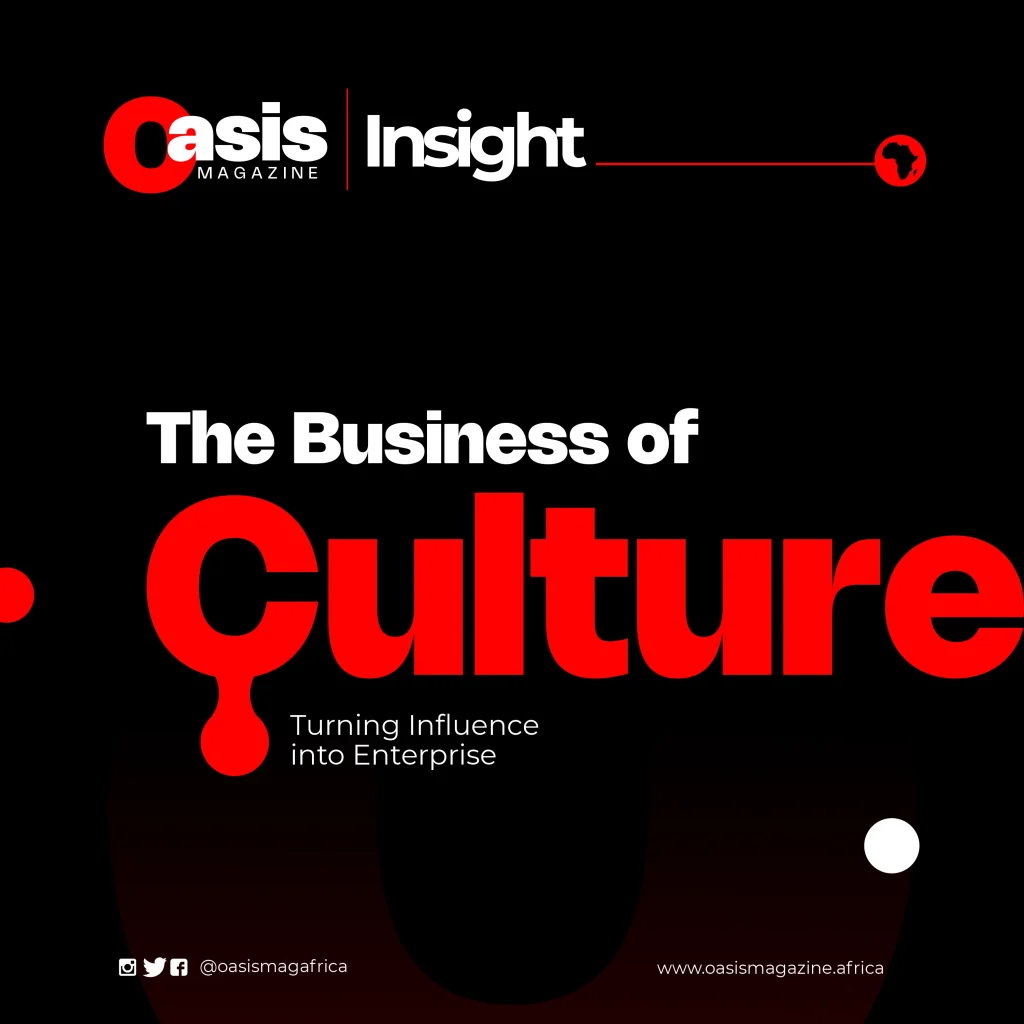How Africa’s most transformative entrepreneurs rewire their minds to see opportunity where others see lack
Executive Summary: The Mindset That Builds Empires
In the informal markets of Lagos, the drought-stricken villages of Kenya, or the traffic-choked streets of Kinshasa, most see constraint. Africa’s moguls see raw material.
The difference between a small-scale hustler and a global-scale builder isn’t capital, connections, or even luck. It’s cognitive architecture—a disciplined way of perceiving, interpreting, and acting on reality.
While the hustler optimizes for survival (“How do I make $10 today?”), the mogul engineers for scale (“How do I turn this $10 insight into a $100M system?”). This shift—from scarcity reactivity to abundance design—is the defining trait of Africa’s next-generation wealth creators.
This feature reveals the seven mental models that separate moguls from merchants—and how any founder can adopt them.
“Scarcity is a fact. Poverty is a mindset. Abundance is a choice.”
— Strive Masiyiwa
The Hustle Trap: Why Survival Thinking Caps Potential
The African hustle is legendary: roadside vendors, mobile airtime resellers, second-hand clothing traders. These are acts of resilience—but they operate within closed loops:
- Revenue = effort
- Growth = more hours
- Risk = personal ruin
This is linear thinking in an exponential world. The hustler sees a problem to endure. The mogul sees a pattern to systematize.
As Nigerian VC Eloho Omame observes: “Many African founders are brilliant operators—but they haven’t upgraded from street-smart to system-smart.”
The Mogul Mindset: Seven Cognitive Shifts
1. From “What’s Missing” to “What’s Possible”
Hustler: “There’s no reliable power, so I can’t run a factory.”
Mogul: “Because there’s no grid, I’ll build the largest solar-as-a-service platform in West Africa.”
→ Example: M-KOPA turned energy poverty into a $1B+ PAYG solar empire across 8 countries.
2. From Local Pain to Global Pattern
Hustler: “My customers struggle to send money home.”
Mogul: “Remittance friction is a $60B global inefficiency—and Africa is the perfect lab to solve it.”
→ Example: Flutterwave didn’t just build a Nigerian payment gateway—it architected a Pan-African API now used by Uber and Booking.com.
3. From Selling Time to Owning Systems
Hustler: “I’ll consult for banks to make ends meet.”
Mogul: “I’ll productize my banking insights into a SaaS platform that scales to 1,000 institutions.”
→ Example: Tosin Eniolorunda (TeamApt) transformed fintech consulting into Moniepoint—a $2B+ digital bank serving 8M+ Nigerians.
4. From Solving for Yourself to Designing for Ecosystems
Hustler: “I need a better logistics app for my shop.”
Mogul: “Africa’s fragmented logistics is the bottleneck for every e-commerce player—I’ll build the rails.”
→ Example: Kobo360 didn’t just move its own goods—it created a digital freight network connecting 30,000+ trucks across 5 countries.
5. From Fear of Failure to Portfolio Thinking
Hustler: “If this fails, I’m ruined.”
Mogul: “This is one experiment in a portfolio of bets. Failure is data.”
→ Example: Iyinoluwa Aboyeji co-founded Andela, then Flutterwave, then Future Africa—each building on the last, none dependent on the other’s success.
6. From Waiting for Permission to Building the Table
Hustler: “The government needs to fix the roads before I scale.”
Mogul: “I’ll partner with communities, use drones, and lobby for policy change from a position of proof.”
→ Example: Temie Giwa-Tubosun (LifeBank) didn’t wait for Nigeria’s blood system to improve—she built a private logistics network that now supplies 500+ hospitals.
7. From Wealth as Exit to Wealth as Infrastructure
Hustler: “I’ll sell my business and retire.”
Mogul: “I’ll reinvest profits into talent, R&D, and policy—so my success lifts others.”
→ Example: Tony Elumelu didn’t just grow UBA Bank—he launched a $100M foundation funding 20,000+ African startups, creating a self-sustaining entrepreneurial ecosystem.
The Abundance Toolkit: How Moguls Train Their Brains
These mindsets aren’t innate—they’re cultivated. Africa’s top builders use deliberate practices:
- Pattern Journaling: Daily logging of market inefficiencies, not just tasks.
- Global Benchmarking: Studying how similar problems were solved in Brazil, India, or Indonesia—then adapting, not copying.
- Ecosystem Mapping: Visualizing not just customers, but regulators, competitors, and complementary innovators.
- Legacy Audits: Quarterly reviews: “Is this venture building something that outlives me?”
As Bethlehem Tilahun Alemu (founder of soleRebels) puts it: “I don’t ask, ‘Can I afford this?’ I ask, ‘What future does this create?’”
Why This Matters Beyond Africa
The mogul mindset is universally relevant:
- In Detroit, founders are turning urban blight into agri-tech hubs.
- In Jakarta, entrepreneurs are building flood-resilient housing from waste plastic.
- In Berlin, refugees are launching cross-border fintechs based on remittance pain.
Scarcity is the ultimate innovation catalyst—if you know how to think about it.
Africa’s moguls offer a masterclass in antifragile thinking: turning volatility, constraint, and chaos into advantage.
The Invitation: From Hustle to Horizon
The path from scarcity to abundance isn’t about having more. It’s about seeing differently.
It’s recognizing that:
- Lack of infrastructure = opportunity to build new rails
- Informal markets = proof of unmet demand at scale
- Regulatory gaps = space to prototype the future
As the next wave of African wealth emerges, it won’t come from those who waited for perfect conditions. It will come from those who built empires in the cracks—and taught the world how to see gold in the grit.
“The hustler sees a hole in the road. The mogul sees the foundation for a bridge.”
Sidebar: The Mogul Mindset Index – 2025
Oasis Intelligence assessment of founder cognitive patterns
| Trait | Hustler Score | Mogul Score | Impact on Valuation |
|---|---|---|---|
| Systems Thinking | 28/100 | 89/100 | +3.2x |
| Global Pattern Recognition | 35/100 | 92/100 | +4.1x |
| Ecosystem Orientation | 22/100 | 87/100 | +2.8x |
| Legacy Focus | 18/100 | 84/100 | +3.5x |
Based on interviews with 150 high-growth African founders and their investors.


